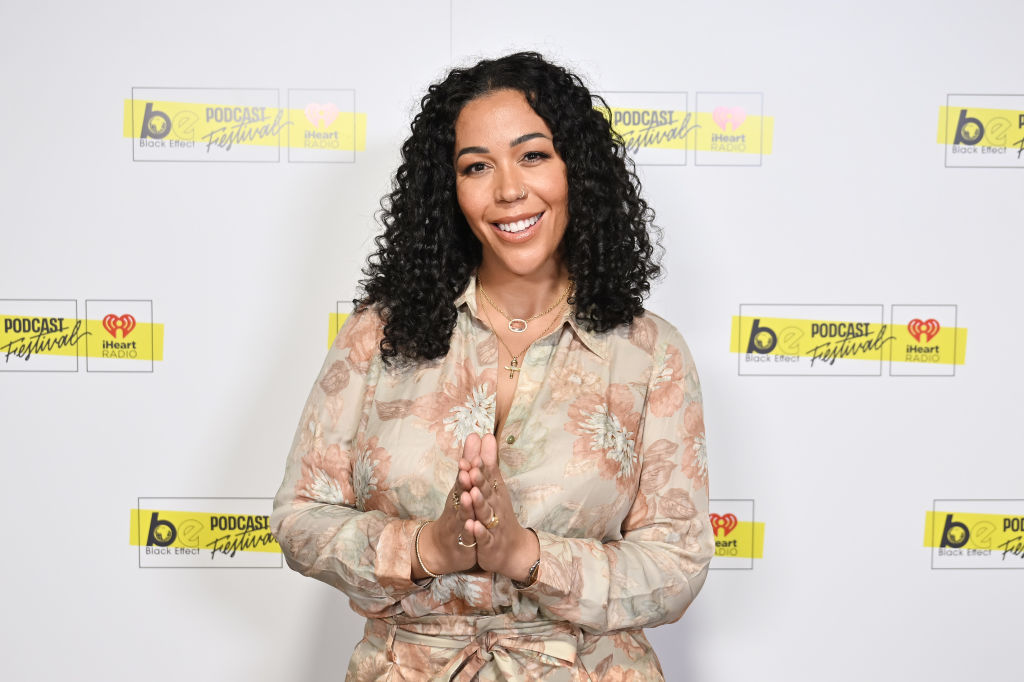Generational silence is a persistent barrier to healing within some Black families. Often passed down through unspoken rules and protective survival tactics, this silence can stifle emotional expression, create disconnection, and leave deep wounds unaddressed. It’s a pattern that well-being educator and healer Devi Brown is determined to confront head-on.
In May, Brown will take the stage for Summit 21 at Blavity Fest, where leading voices in culture, wellness and empowerment will gather to spark meaningful conversations. Known for her work in mental health, spirituality and personal growth, Brown continues to spotlight the emotional impact of generational silence and the importance of breaking the cycle for future generations.
What is Generational Silence?
In a video posted online, Brown spoke with Nicole Russell-Wharton to break down the concept of generational silence, a term used by psychologists and sociologists to describe the avoidance of difficult conversations across at least two generations. This silence manifests in various ways—whether it’s refusing to talk about money and finances, religion, trauma, or family struggles.
“There’s so many emotions that we suppress and stories that we don’t tell,” Russell-Wharton explains. “The silence is in not sharing that and giving that gift of what was learned or not learned to the next generation so that they can make better decisions.”
For Black women in particular, this silence can feel deeply familiar. They’ve been taught to be strong, to push forward, and to endure without complaint. But at what cost?
Why Does Generational Silence Exist?
Brown points to history as a major factor, particularly in marginalized communities. The lack of acknowledgment for pain and suffering—whether from systemic oppression, family trauma, or unspoken cultural taboos—has created a cycle where conversations about healing rarely happen.
“The people who hurt us the most never apologized, and so conversations were not had about honoring anything that we were feeling,” Russell-Wharton says to Brown. “Families were ripped apart, children were sold, and no one went back to the mother and said, ‘I’m so sorry I had to do that to you.’”
This deep-rooted history of forced silence has shaped the way many Black families communicate today. They learn to suppress, to avoid, to move on—because that is what our ancestors had to do to survive.
Breaking the Cycle
But here’s the truth: you don’t have to keep living in silence.
As Black women, you have the power to unlearn patterns of avoidance and create space for honest, healing conversations. It starts with:
- Naming the silence – Acknowledging the conversations that have been avoided in our families.
- Creating safe spaces – Finding and fostering environments where our truths can be spoken without fear.
- Prioritizing emotional wellness – Engaging in practices that allow us to process pain, whether through therapy, journaling, or spiritual work.
- Leading by example – Teaching future generations that vulnerability is strength, not weakness.
At Summit 21, Devi Brown will delve deeper into these themes, offering tools to help move beyond generational silence and embrace a path of healing and self-discovery. This is more than just a talk—it’s a movement toward reclaiming your voices and rewriting our narratives.
Are you ready to break the cycle? Join Brown for Summit 21at Blavity Fest May 31 to June 1 to be part of this transformative conversation.
